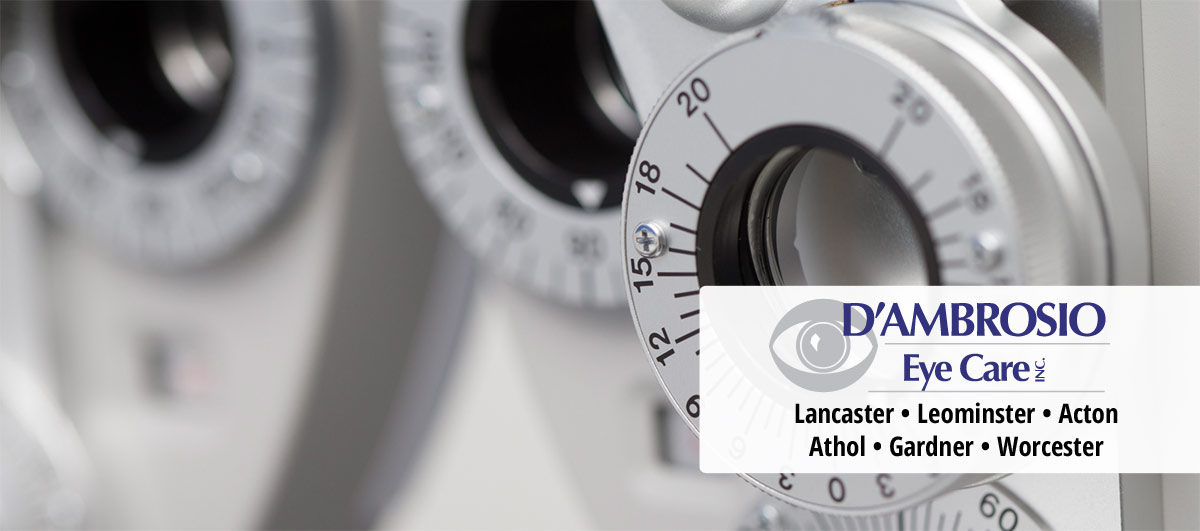Age-Related Macular Degeneration (AMD) is a frustrating
condition that diminishes your ability to see detail clearly. When you combine
AMD’s loss of central vision with the blurriness from cataracts, you have a recipe for significant vision
loss. Can you have cataract surgery to restore some clear vision if you
have macular degeneration? The answer is probably yes, but there are some
factors that need to be considered first.
Which Condition Impacts
Your Vision Most: Cataracts or Macular Degeneration?
Before recommending
cataract surgery, your cataract surgeon will want to find out whether most of
your vision loss is caused by the cataract or by the AMD. Some people who have
a lot of damage to their retina from macular degeneration won’t see much or any
vision improvement from cataract surgery. Your ophthalmologist will examine
your retina and take photographs to assess its condition. They will also take a
look at how cloudy your lens is to see how much
vision the cataract may be blocking. And before recommending cataract surgery,
your surgeon will check your vision to see if a change in your eyeglass prescription or even low vision magnifiers may be enough to see better.
Having cataract surgery with AMD may not restore your ability to do up-close
tasks, such as reading. Removing the cataract will allow more light to enter
the eye, but that may not be enough for good central vision. We need a clear
lens and a healthy retina for sharp vision.
Does Having Cataract
Surgery Make Macular Degeneration Worse?
Depending on the type of AMD you have, the answer is not fully known
at this point.
If you have the “dry” form
of AMD, there is no evidence that cataract surgery will make your AMD worse.
However, if you have the “wet” form, it is not clear if cataract surgery will
negatively affect your macular degeneration. Cataract surgery causes
inflammation inside the eye, which in theory could make wet AMD worse. However,
results of multiple studies have been
inconsistent, so we don’t know for sure if cataract surgery worsens wet AMD.
Fortunately, for those
struggling with the double whammy of vision loss from both AMD and cataracts,
studies have shown that cataract surgery can improve vision in those who are
candidates for the procedure. You and your eye doctor can discuss your options
for achieving better sight. Please call us at D’Ambrosio
Eye Care at 800-325-3937, visit D’Ambrosio
Eye Care,
or Facebook so that we can
help.
D'Ambrosio
Eye Care provides eye care for patients throughout greater Boston, central and
western Massachusetts with office locations at 479 Old Union Turnpike,
Lancaster, Massachusetts 01523, 865 Merriam Avenue, Suite 119, Leominster,
Massachusetts 01453, 100 Powder Mill Road, Acton, Massachusetts 01720, 413 Main
Street, Athol, Massachusetts 01331, 74 Main Street, Gardner, Massachusetts
01440 and 255 Park Avenue, Suite 606, Worcester, Massachusetts 01609.

